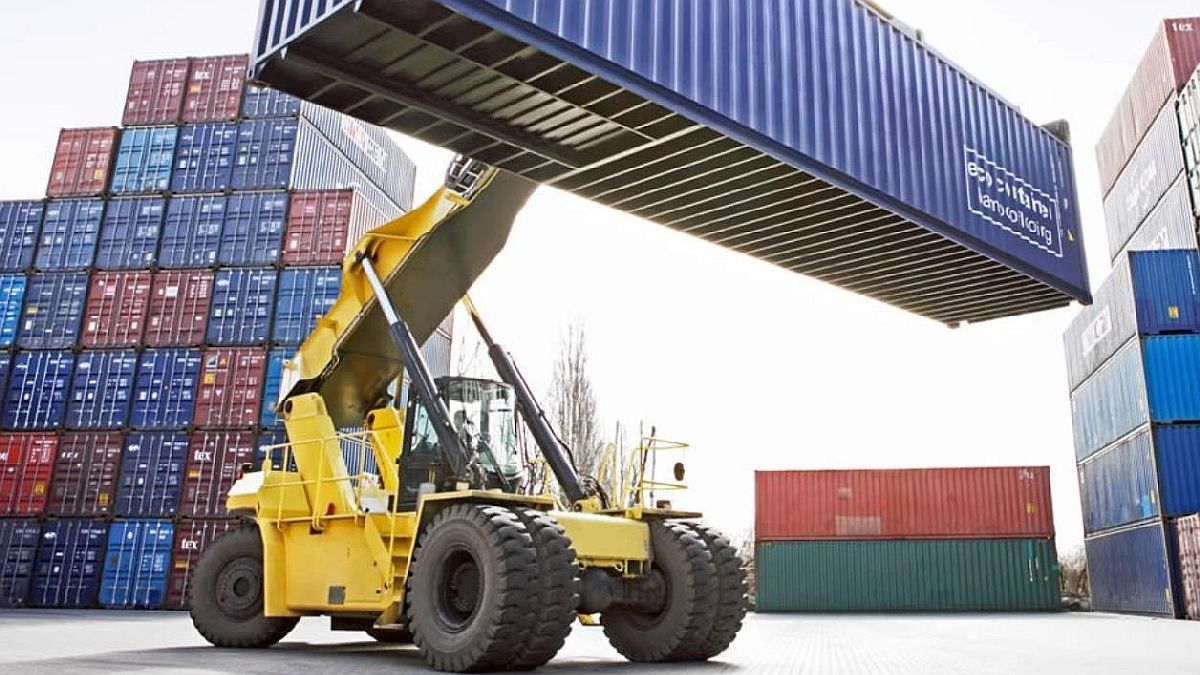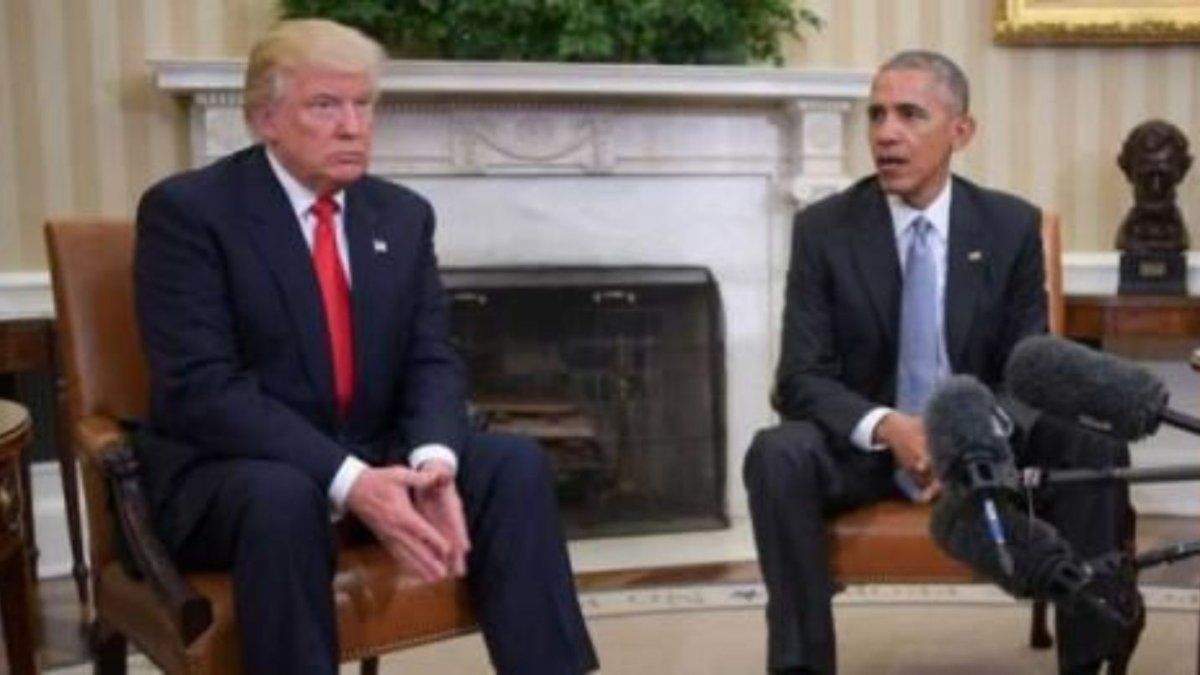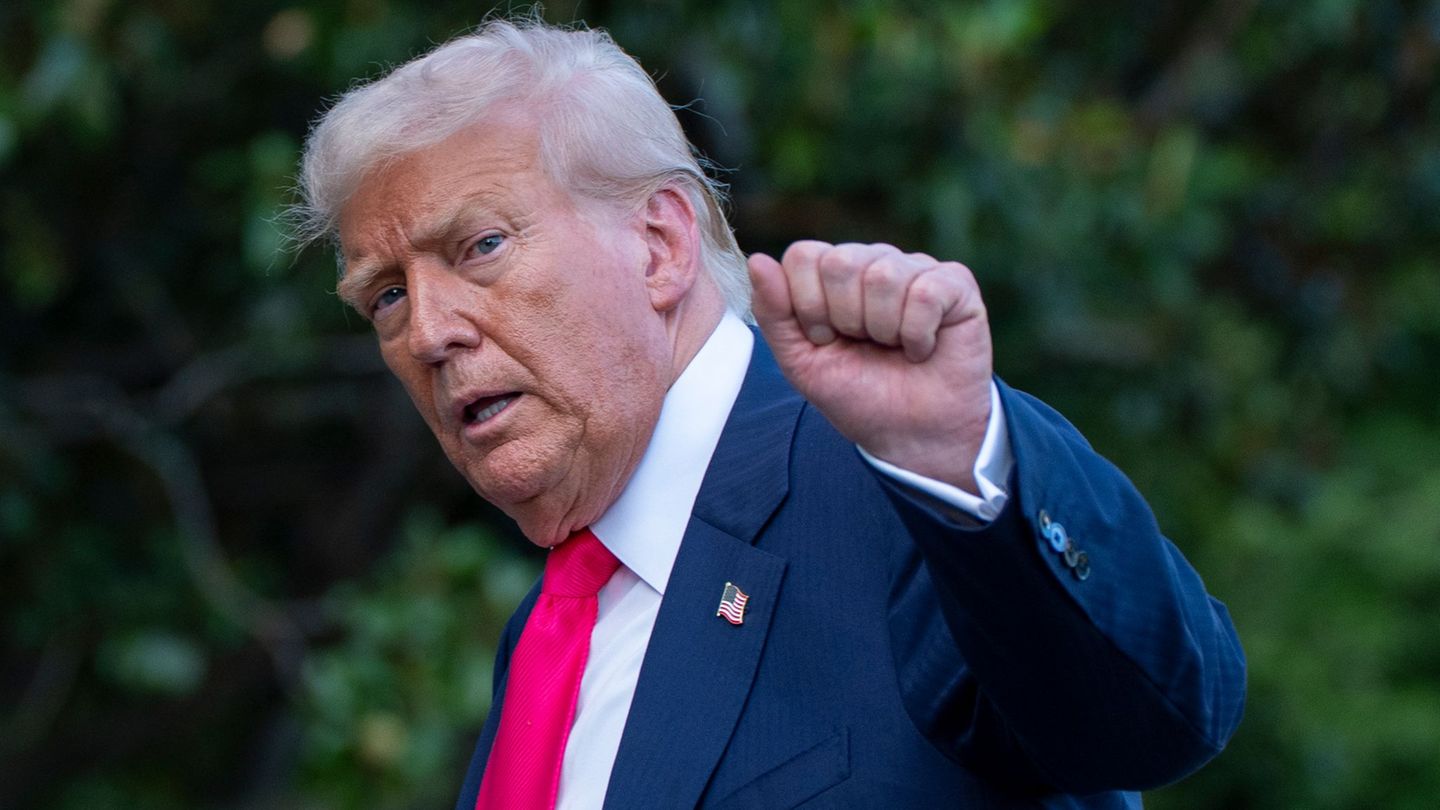as estimated Michael Poncethe director of Center for Foreign Trade Studies of the 21st Century, “a third of what has entered the country this year has done so under the protection of the judges”. For the business consultant “the number of protections is unusual since the time of the former Secretary of Commerce, Guillermo Moreno” when the Advance Import Sworn Declarations (DJAI) had been put into effect.
At central bank The officials reject the businessmen’s questioning, emphasizing that so far this year there is a “import record”. If you see the data of the Argentine Commercial Exchange (ICA) in the first two months purchases grew 36.6% in January and 51.7% in Februarywhile in the accumulated figure for the two months they rose 44.1%, all compared to 2021. The INDEC data correspond to operations accrued, that is, informed, but that does not mean that they have been paid.
The protections of the judges are directed against the declarations of the Comprehensive Import Monitoring System (SIMI), which must be done by importers through Customs. Authorization is completed in the Ministry of Productive Development and the AFIP is also involved. In the Chamber of Importers of the Argentine Republic (CIRA) they estimate that just under 1,000 companies are importing under judicial protection.
The SIMIs questionedin general, are from companies that import products under Non-Automatic Licenses (LNA), which correspond to final goods or that have local suppliers. Those who entered under Automatic Licenses (LA) are for supplies for production or for goods that do not have a local supplierl. The LNAs can have a processing period of 90 days and reach about 1,500 products. The LA as its name indicates, are of immediate diligence.
The companies defined as a strategy not to question the Central Bank, which forces companies that import more than 5% of the value of last year or 70% compared to 2020 to request commercial credit from foreign suppliers. “The BCRA does not say that it cannot be imported. He says that to do so you have to respect certain conditions, ”explained a businessman to Ámbito Financiero. The importer considered that “it is impossible to operate with the 180-day term” because it does not meet the criteria of foreign trade. He also points out that the dollar restriction creates problems for sending advance payments to a foreign supplier. “You have to think that if a company wants to import an input that has to be manufactured, the supplier asks for an advance,” he explained. He in turn says that the operations cannot be paid through the Cash With Settlement dollar (CCL) because in that case the government would be recognizing a split in the exchange rate.
“We thought that this was going to be resolved by April, but with the war in Ukraine the price of gas skyrocketed and now we believe that this is going to last until at least August.” he explained she. It is estimated that this year imported gas will demand some US$5,000 million more than in 2021 and that will force us to manage the dollars. It is therefore expected that the restrictions on imports, especially that of final consumer goods, will continue.
On the other hand, SME businessmen also presented their complaints to the Central Bank a few days ago. They warned that there would be “a standstill” of the factories due to lack raw material.
“SMEs are suffering from the lack of raw material that is not produced in the country. And although there is a system to guarantee the historical consumption of each factory, which seeks to avoid a jump in external purchases due to the shortage of dollars, the comparison with the almost zero activity in the pandemic and with last year, when production was just being restored with difficulties, shows a panorama that does not fit the needs of this year’s reactivation “affirmed the president of Industriales Pymes Argentinos (IPA), Daniel Rosato.
Rosato warned about an unwanted effect that is being produced by the protections. “Imports of supplies for the activity are on the list of Automatic Licenses, while finished products have Non-Automatic Licenses. Given the restrictions and the application of the quota to import, there is a dynamic of more agile authorizations for LNA than for LA, which inadvertently caused a value-added import cycle,” he warned.
Source: Ambito
David William is a talented author who has made a name for himself in the world of writing. He is a professional author who writes on a wide range of topics, from general interest to opinion news. David is currently working as a writer at 24 hours worlds where he brings his unique perspective and in-depth research to his articles, making them both informative and engaging.




